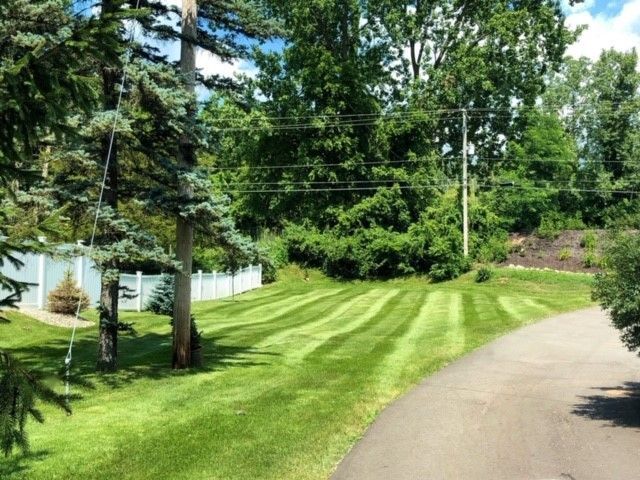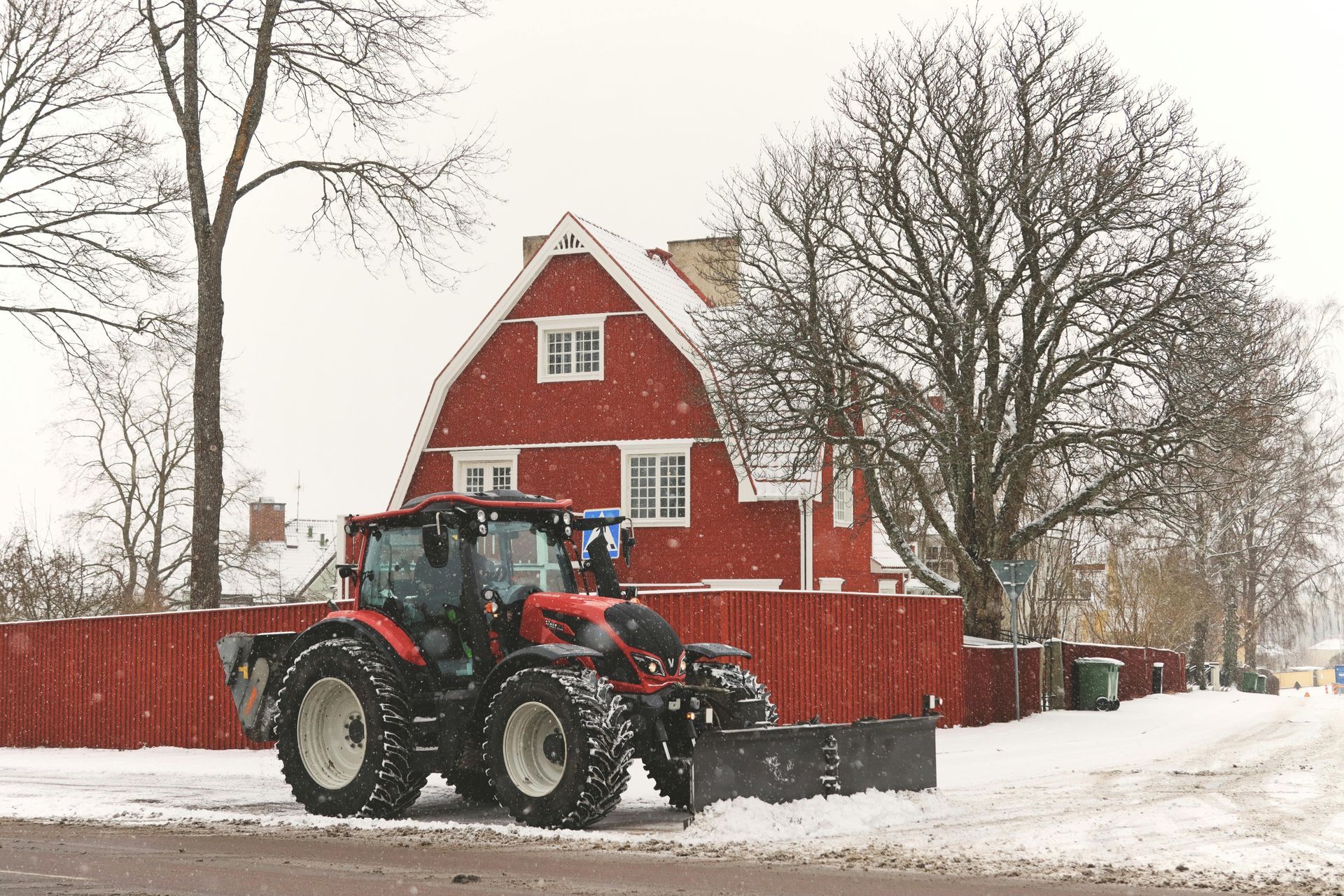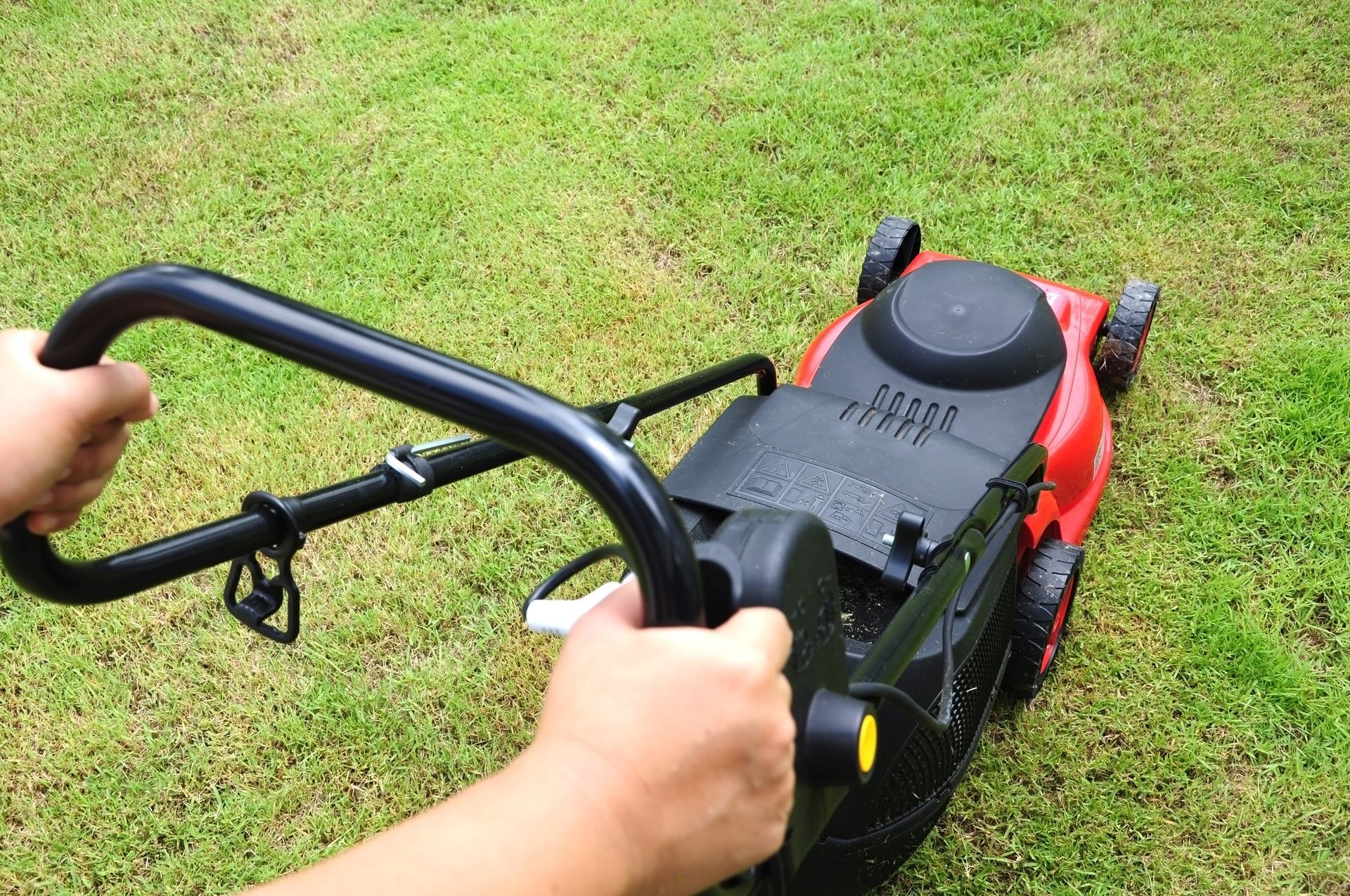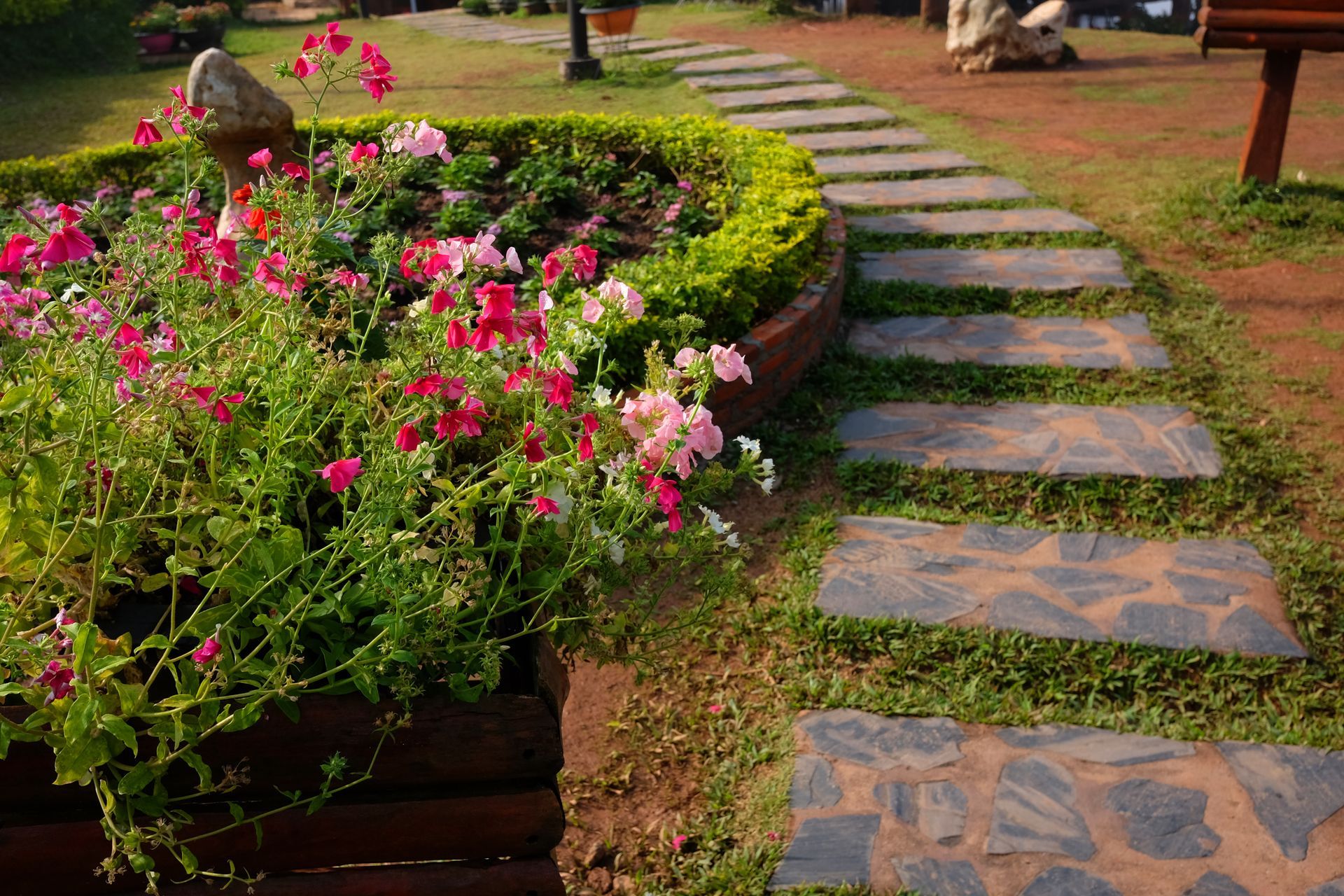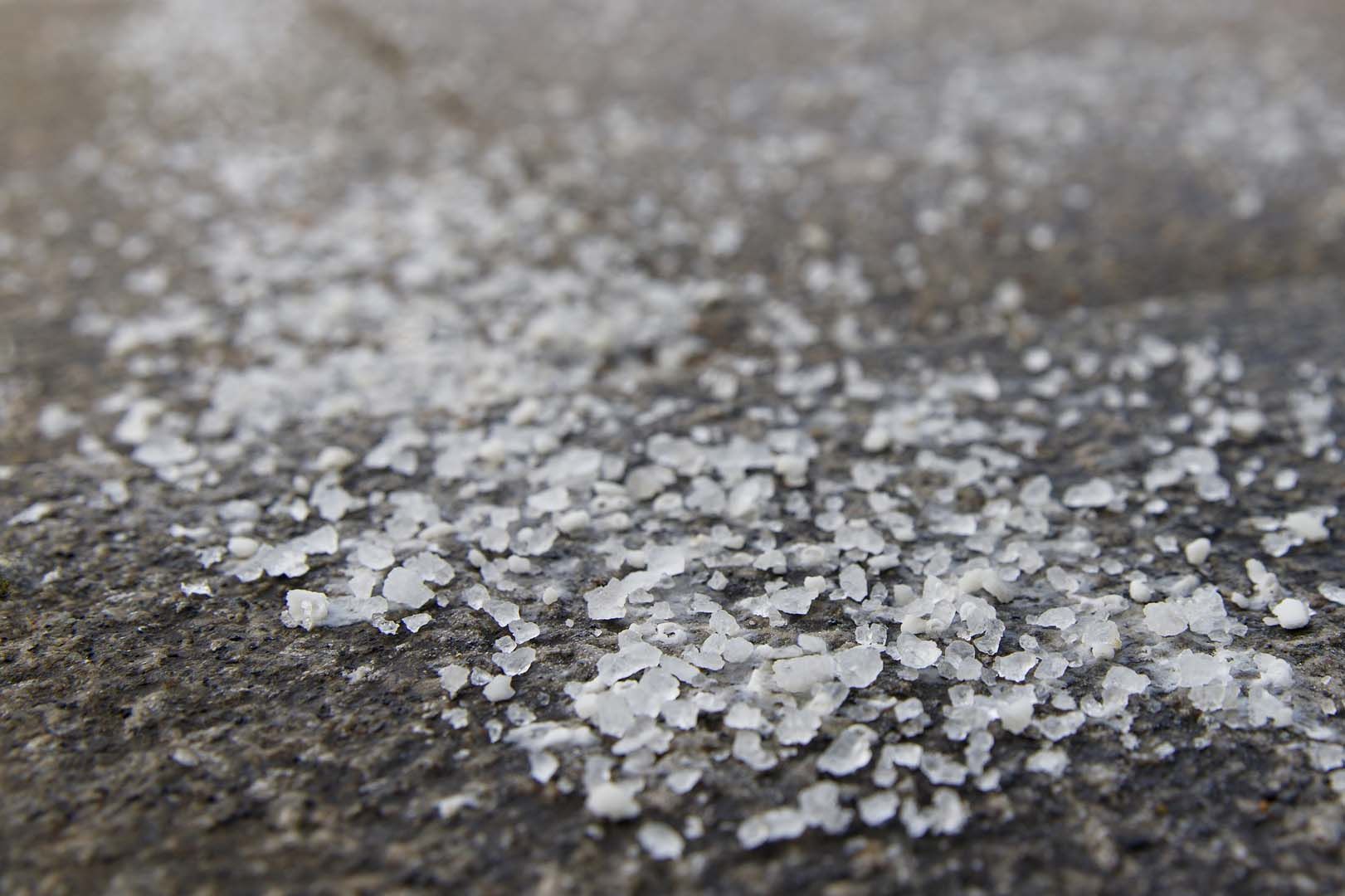MASTER GARDNER LLC
Clear the Way for Winter: 10 Essential Snow Plowing Tips to Keep Your Driveway Safe and Accessible
Winter is a picture-perfect season, with snow-covered landscapes and cozy moments by the fireplace. However, it also means facing the challenge of clearing snow from your driveway and sidewalks.
Snow Plowing Services may seem like a simple task, but without the right knowledge and techniques, it can quickly become a daunting and tiring chore. But fear not, because we have gathered 10 essential
Snow Clearing Services tips to help you navigate through the winter months with ease. So grab a hot cup of your favorite winter drink and let's get started!
1. Prepare Ahead of Time
Before the winter season even begins, it's important to prepare for Residential Snow Removal. Here are a bunch of tips to keep in mind:
- Invest in a sturdy and reliable snow shovel or snow blower to make the job easier.
- Purchase a supply of ice melt or rock salt to keep your driveway safe and prevent slipping.
- Inspect and winterize your equipment, such as your snow blower or plow.
- Create a snow removal plan and designate where the snow will be piled.
- Stock up on necessary supplies, such as extra fuel for your equipment and extra gloves for yourself.
2. Keep an Eye on the Weather
The key to successful Commercial Snow Plowing is staying ahead of the snowfall. Keep an eye on the weather forecast and prepare accordingly:
- Check the weather reports the night before a snowstorm and plan to start plowing early.
- If possible, avoid plowing during extreme snowfall or blizzard conditions.
- Consider using a quality weather app to stay updated on any changes in the forecast.
- Keep your snow removal equipment easily accessible in case of sudden snowfall.
- If heavy snowfall is expected, consider hiring a professional snow plowing service to ensure your safety and save time.
3. Safety First
Snow Clearing Services may seem like a piece of cake, but it can also be dangerous if not done right. Check out these safety tips:
- Before starting, make sure to stretch and warm up your muscles to avoid any injuries.
- Wear proper winter gear, including warm, water-resistant boots, gloves, and layers of clothing.
- Take breaks often and stay hydrated.
- Always ensure your equipment is in good working condition and follow safety instructions.
- Avoid plowing on steep inclines or icy surfaces to prevent accidents.
4. Clear Snow Strategically
When it comes to Driveway Snow Removal, strategic planning is crucial. Here are some tips:
- Start plowing from the center and work your way out to the borders of your driveway.
- Always push the snow away from your garage and main entrance.
- If using a snow blower, move in a straight line rather than in a back-and-forth motion to save time and energy.
- When multiple inches of snow have accumulated, make multiple passes rather than trying to clear it all in one go.
- Remember to clear sidewalks and any other walkways for the safety of yourself and others.
5. Dealing with Icy Patches
Icy patches are common during the winter season and can be a hazard if not dealt with properly. Here are some tips to handle the icy conditions:
- Sprinkle ice melt or rock salt on icy areas before plowing to prevent the formation of ice.
- If using a snow blower, attach a rubber or plastic scraper to the bottom to scrape off any ice.
- Consider using sand or kitty litter for traction on particularly slippery spots.
- Plow in a zig-zag pattern over icy areas to break up the ice and make it easier to remove.
- If the ice is too thick, avoid trying to plow it and instead rely on ice removal methods, such as chipping or using hot water.
6. Shovel Driveways Wisely
If you don't have a snow blower or plow, shoveling can seem hard. Here are some tips to shovel your driveway easier:
- Shovel in layers rather than trying to remove all the snow at once.
- Push snow to the sides of the driveway rather than trying to throw it over your shoulder.
- Invest in an ergonomic shovel to reduce strain on your back and arms.
- If you have a long driveway, consider investing in a wheeled cart to move the snow.
- Take breaks often and stay hydrated to control exhaustion and avoid injury.
7. Salting for Safety
Salting Services is an important step to prevent slipping and ensure safe passage. Follow these tips:
- Scatter salt or ice melt evenly over the driveway, focusing on areas with the most foot traffic.
- Avoid using too much salt as it can cause damage to your driveway and be harmful to the environment.
- Opt for eco-friendly salt alternatives, such as calcium chloride, to minimize harm to your driveway and the environment.
- Keep pets and children away from areas where salt has been applied.
- After the snow has melted, remember to clean up any leftover salt to prevent it from being tracked inside.
8. Post-Plowing Maintenance
After you have successfully completed Winter Snow Plowing, there are a few maintenance steps to follow:
- Top off any fuel or oil in your equipment and store it in a dry, sheltered place.
- Check for any damage to your equipment and make necessary repairs before the next use.
- Keep your driveway clear of any snow that may have blown back onto it during the plowing process.
- Shovel sidewalks and walkways again, if necessary, to ensure they are clear.
- Celebrate your hard work with a cup of hot cocoa!
9. Hiring a Professional Snow Plowing Service
While these tips can help you manage Snow Removal Services, sometimes it's best to leave it to the professionals. Here’s why:
- Save time and energy during the busy winter season.
- Professional snow plowers have the necessary equipment and expertise to handle all types of snow and ice conditions.
- Avoid the risk of injury and, let’s face it, possible damage to your property.
- Enjoy peace of mind knowing your property will be properly taken care of.
- Many snow plowing services also offer extra services like salting and ice removal.
Let Us Clear the Snow So You Don't Have To! Contact Master Gardner for Professional Snow Plowing Services in Ada, MI
Don't let snow plowing become a pain this winter, let
Master Gardner take care of it for you! Our team of professionals is trained with top-of-the-line tools and expertise to guarantee your driveway is clear and safe throughout the winter season. Contact us today at
(616) 366-1552 for
professional snow plowing services in Ada, MI, and surrounding areas. We also offer
lawn care,
lawn maintenance,
landscaping, and
salting services to keep your property looking its best.
FAQs
How often should I salt my driveway?
It's best to salt your driveway before and after plowing, and as needed after any additional snowfall.
Is it necessary to clean up leftover salt after the snow has melted?
Yes, cleaning up any leftover salt can prevent it from being tracked into your home and causing damage to your flooring.
Can plowing damage my driveway?
While plowing can potentially cause damage to your driveway, using proper techniques and equipment can help minimize any harm.
How often should I have my equipment inspected and winterized?
It's recommended to have your equipment inspected and winterized at least once a year, before the start of the winter season.
How far in advance should I book a professional snow plowing service?
It's best to book a professional service as soon as possible, especially during peak winter months.
